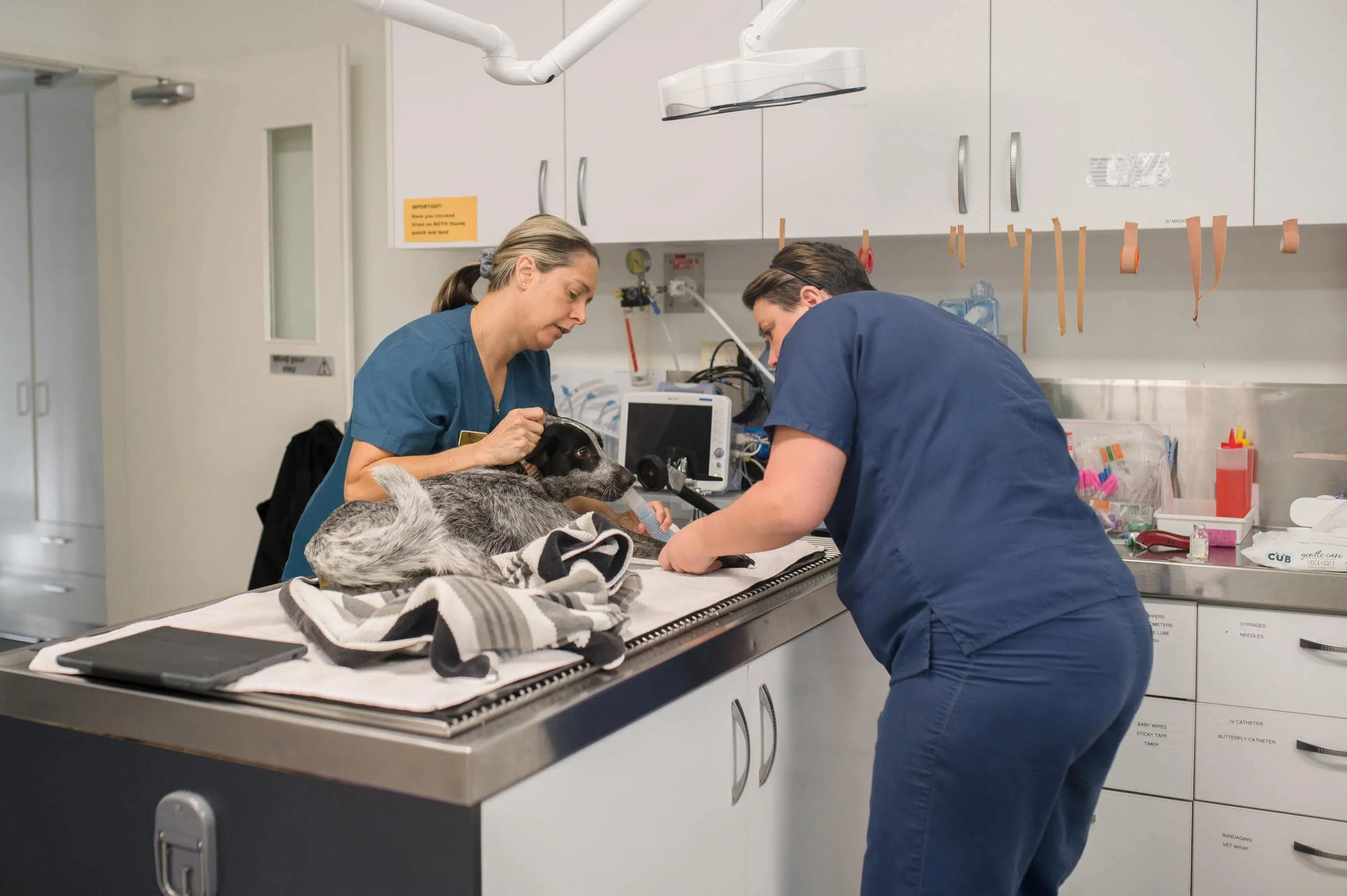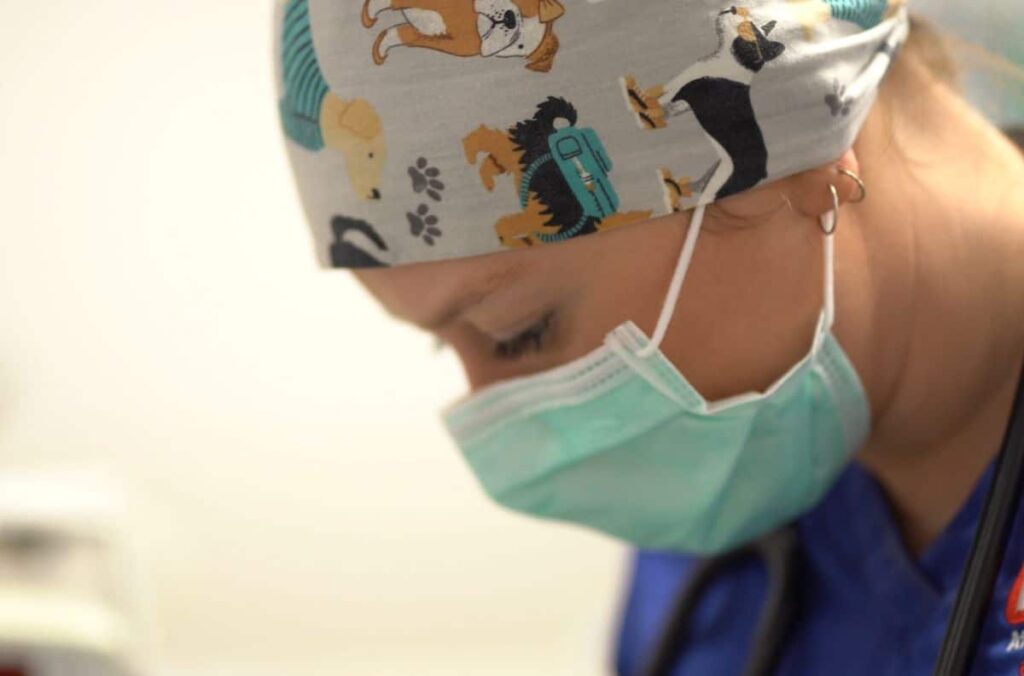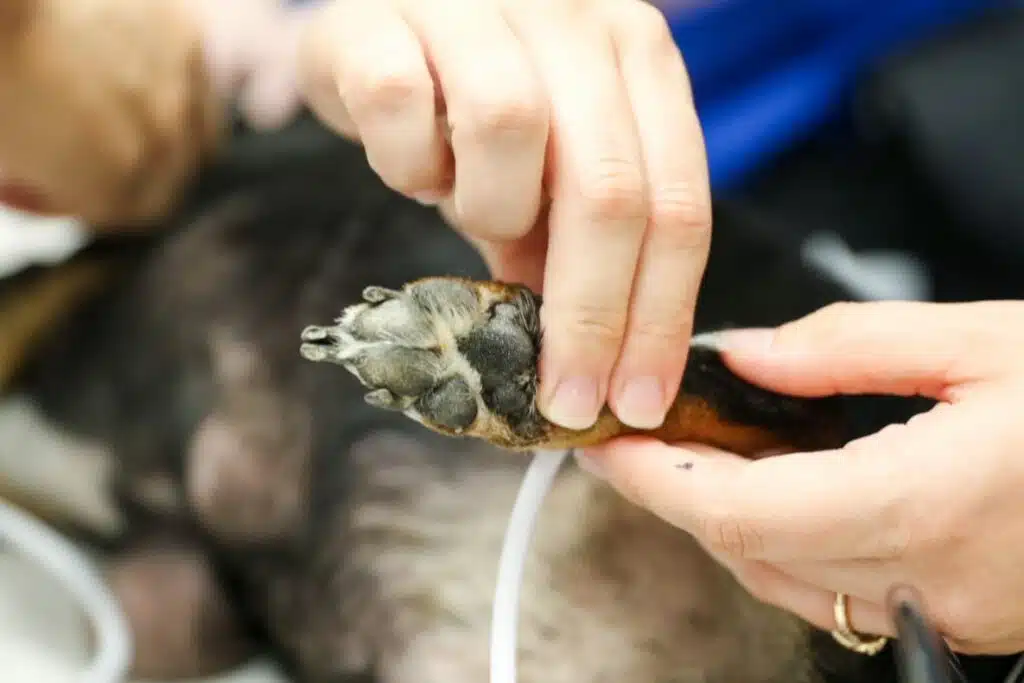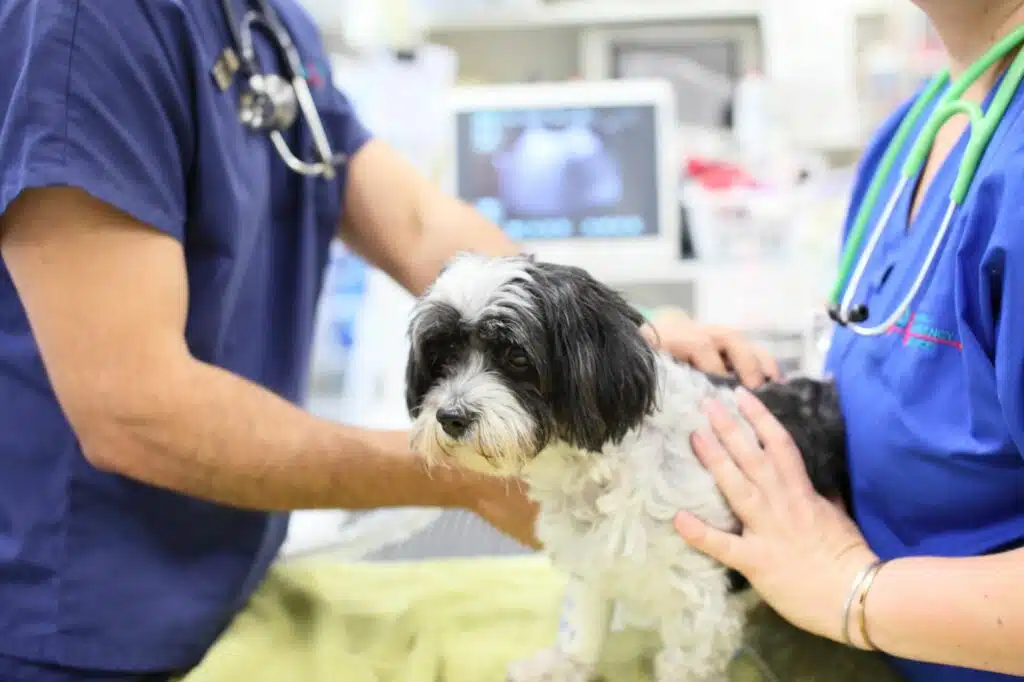So maybe you’re about to graduate from vet school, or possibly you’re out in practice already and considering a change from your current veterinary goals. Let’s be honest, there’s a lot of changes occurring in the veterinary profession at the moment. Vet clinics not only in Australia but around the world are busier than ever, but that also means there’s so much opportunity in the industry to find the career path that’s right for you. One that’s fulfilling and allows you to have the balance you are looking for, which is very individual.
However, what might be balanced for you might be completely different for someone else. It all depends on what your goals are and what are the priorities in your life right now and into the future. The key thing is that the job you choose sets you off on the right foot for success, whether that be on the road to becoming that a specialist, jumping into emergency work as a recent graduate, or even transitioning from a different field. In this series, we’ll discuss how a graduate program can help you achieve that goal.
What is a Veterinary Graduate Program?
Traditionally, veterinary graduate program gave newly graduated vets the opportunity to ‘try out’ different career paths and put into practice what they learned in vet school. They offer a behind-the-scenes look into what industry professionals do and allow students to assess whether they could see themselves working in a specific field.
Participating in a veterinary grad program should also offer a solid foundation of education, such as an education course with structured learning and CPD to help you grow and perform in your chosen field. These will give you the additional knowledge you need beyond what might have been taught in vet school or learned on the job in your previous role. But veterinary grad programs have also evolved and diversified a lot, especially in the last few years.
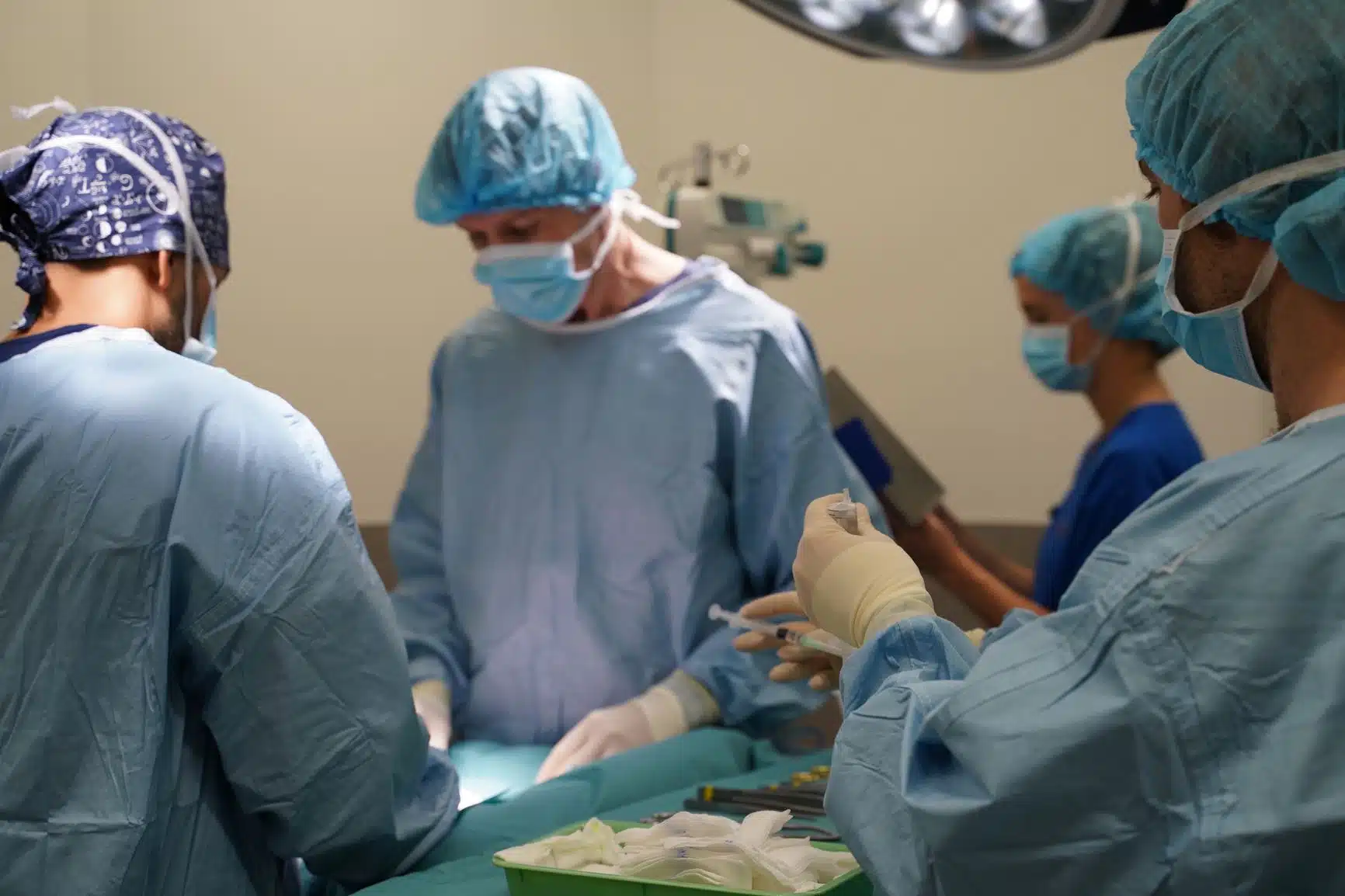
How Do Veterinary Grad Programs Differ?
What that means now is that not every veterinary grad program is the same – and that’s a good thing! Some allow for hands-on experience working side by side with a working professional, often someone who has specialised in a field of veterinary medicine. It can also allow an entry into a fast-paced field like emergency without taking on the full primary responsibility straight away by having a mentor to guide the process and support you.
However, for others, some grad programs can lead to just being assigned menial tasks that add no true value or experience. Hence why it is so important to take the time to carefully select where you want to work to make sure you get the most knowledge and skills out of any grad program.
It’s important to be able to distinguish between a good veterinary grad program from a bad one. In our next article, we discuss some of the telltale signs and the 5 Red Lights of Grad Programs, what to look out for, and how to best avoid them.

